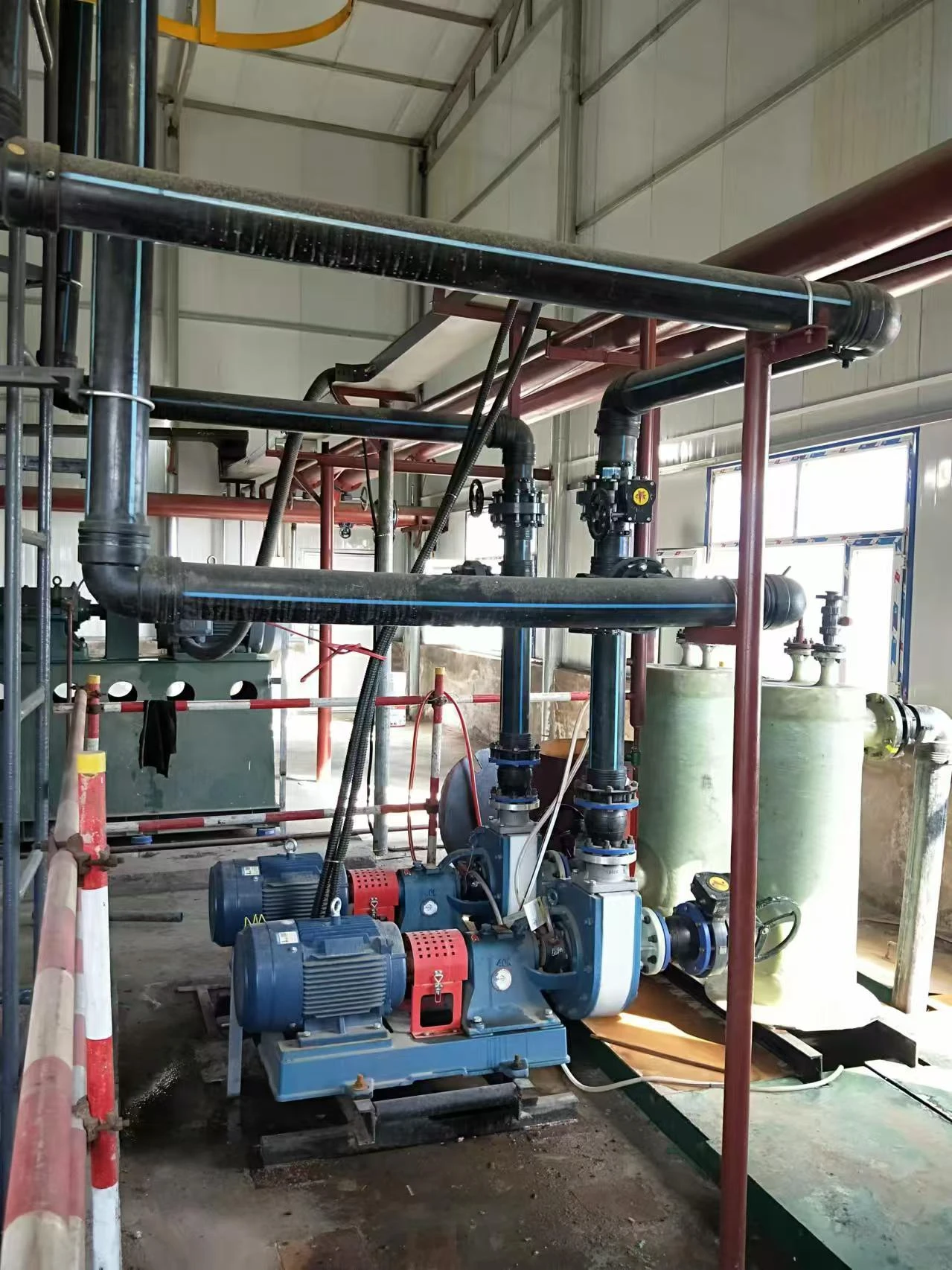
Nov . 13, 2024 12:31 Back to list
cost of hot water boiler replacement
Understanding the Cost of Hot Water Boiler Replacement
Replacing a hot water boiler is a significant investment for homeowners and businesses alike. The process involves not just the purchase of the new unit, but also the installation and maintenance costs that can cumulatively lead to a hefty bill. This article aims to delve into the various factors that influence the cost of hot water boiler replacement, helping you to make informed decisions for your heating needs.
The Average Cost of Replacement
The average cost of replacing a hot water boiler typically ranges from $3,000 to $7,500, although this can vary depending on several factors including the type of boiler, the size of your home, and the complexity of the installation. For example, a standard gas boiler might cost between $3,500 and $5,500, while a high-efficiency model could set you back $5,000 to $8,000. Homeowners should also budget for potential additional expenses such as permits, disposal of the old unit, and any necessary upgrades to plumbing or electrical systems.
Types of Hot Water Boilers
The type of boiler chosen is one of the most significant cost determinants. There are several types of hot water boilers
1. Conventional Boilers These traditional boilers are generally less expensive but can be less energy-efficient. Their installation typically starts at a lower price point, making them a common choice for budget-conscious homeowners.
2. Combi Boilers These systems provide both space heating and hot water on demand, eliminating the need for a separate water tank. Their upfront costs can be higher, but they are often more efficient in terms of energy usage, which can save money in the long run.
3. Condensing Boilers These high-efficiency systems capture and reuse heat from exhaust gases. Although their purchase and installation cost is initially higher, their improved efficiency can lead to substantial savings on energy bills.
4. Electric Boilers While generally easier to install, electric boilers tend to have higher operational costs depending on local electricity rates.
cost of hot water boiler replacement

Installation Costs
Beyond the price of the unit itself, installation costs play a crucial role in the overall expense. The complexity of the installation and local labor rates will influence this cost. A straightforward replacement might cost around $1,000, while modifications to existing systems or installation in hard-to-reach areas may increase labor costs significantly. Additionally, engaging with licensed contractors ensures that the installation meets local building codes and safety standards, which can prevent costly mistakes down the line.
Efficiency Ratings and Long-term Savings
When considering a hot water boiler replacement, it's essential to factor in the energy efficiency ratings of different models. Boilers are rated by their Annual Fuel Utilization Efficiency (AFUE), indicating how effectively they convert fuel into hot water. A higher AFUE rating means greater efficiency and potential savings on energy bills. Investing in a high-efficiency model can significantly reduce operating costs over time, making it a financially sound choice despite a higher initial investment.
Additional Considerations
1. Warranty and Lifespan Newer models often come with longer warranties, providing peace of mind and reducing potential expenses for repairs or replacements in the early years.
2. Type of Fuel The type of fuel you choose (gas, oil, electricity) will also affect costs. Gas might be more affordable in many regions, whereas electricity costs can vary widely.
3. Regulatory Changes Stay informed about changes in energy efficiency regulations, which may require future upgrades and influence the long-term costs of your hot water system.
Conclusion
Replacing a hot water boiler is a significant investment that requires careful consideration of various factors, including the type of boiler, installation complexity, and long-term operational costs. By taking the time to thoroughly research options and consult with professionals, homeowners can ensure they make the most informed choice that balances both immediate and future needs. Ultimately, investing in a reliable and efficient hot water boiler can provide comfort and savings for years to come.
-
How to Maintain a Steam Boiler Expert Tips for Efficiency & Longevity
NewsApr.29,2025
-
Professional Steam Boiler Service AB Expert Maintenance & Repair
NewsApr.29,2025
-
Hot Water Steam Boilers Efficient Heating Solutions & Expert Tips
NewsApr.29,2025
-
Hot Water Boiler Capacity Calculation Guide Efficient Design Tips
NewsApr.28,2025
-
How to Drain a Steam Boiler Step-by-Step Safety Guide
NewsApr.28,2025
-
How to Install a Hot Water Boiler Optimal Pressure & Efficiency Guide
NewsApr.28,2025
Related PRODUCTS






















